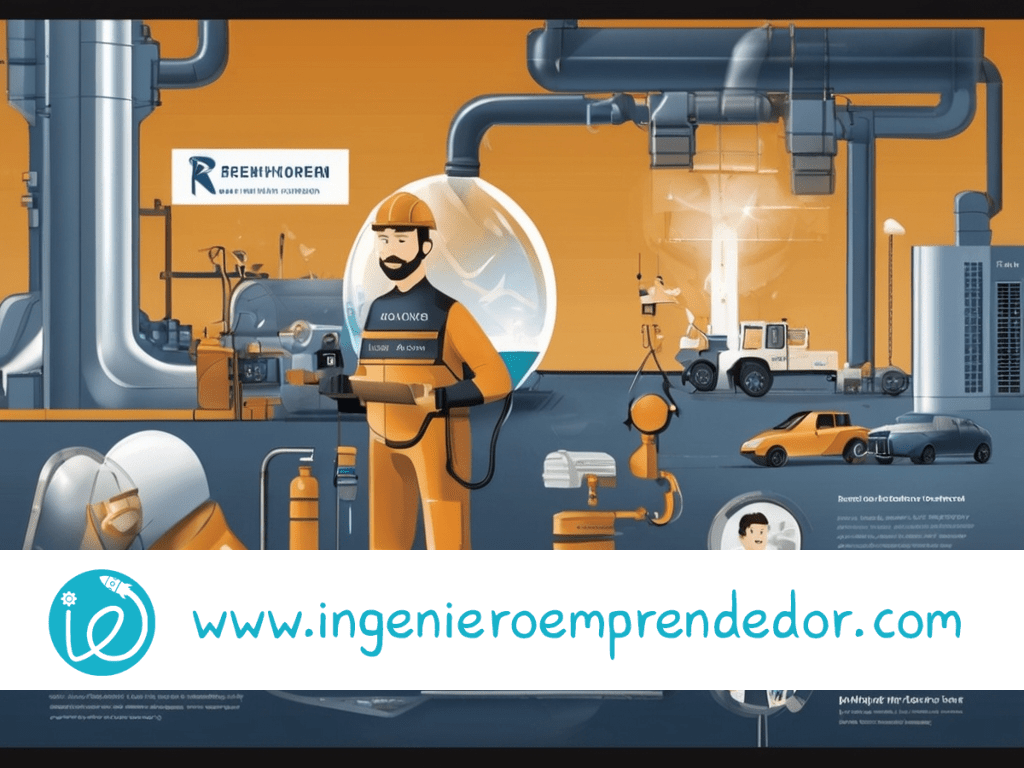Labor Innovation: Hydrogen, Engine of Job Opportunities

In a constantly evolving world, where innovation becomes the key to success, hydrogen emerges as a driving force for change, not only in the energy realm but also in the labor landscape.
Its potential to revolutionize various sectors opens up a range of new professional opportunities, driving job creation and redefining the future labor market.
Renewable hydrogen, produced from clean energy sources such as solar or wind power, is positioned as a sustainable alternative to fossil fuels.
Its versatility makes it a key element in the transition to a green economy, fostering the development of new technologies and creating new market niches.
The production of renewable hydrogen requires qualified professionals in areas such as chemical engineering, electrochemistry, and renewable energy.
The installation, operation, and maintenance of production plants also demand specialized labor. As the demand for green hydrogen increases, it is estimated that this sector will generate thousands of new jobs.
Hydrogen transport and storage also present job opportunities.
Trained technicians are required for the safe and efficient handling of this gas, as well as for the development of new transport and storage infrastructures. Logistics and the supply chain will also be impacted, creating new opportunities for transporters, logistics operators, and supply chain management specialists.
Renewable hydrogen also has the potential to transform sectors such as the chemical industry, transportation, and agriculture.
In the chemical industry, hydrogen can be used as a raw material for the production of fertilizers, plastics, and other chemicals. In transportation, it can be employed to power electric vehicles and ships. In agriculture, it can serve to produce ammonia, an essential fertilizer.
The transition to a hydrogen economy will not only generate new jobs but also transform existing professional profiles.
Workers from traditional sectors such as oil and gas will need to adapt to new technologies and acquire new skills to be able to participate in the hydrogen economy. Training and professional retraining will be essential to ensure a fair and equitable transition.
In short, hydrogen presents itself as a driver of innovation and job creation.
Its potential to revolutionize various sectors opens up a range of new professional opportunities, fostering the development of new technologies, creating new market niches, and transforming existing professional profiles. Investing in training and professional retraining will be key to ensuring that the transition to a hydrogen economy is fair, equitable, and beneficial to all.
Beyond employment:
Renewable hydrogen has the potential to transform not only the labor market but also to contribute to the fight against climate change and the construction of a more sustainable future. Its large-scale implementation can generate significant economic, social, and environmental benefits.
If you are passionate about technology, innovation, and sustainability, I invite you to follow the progress of renewable hydrogen closely.
The future of this technology is promising and has the potential to change the world for the better.
And don’t forget that you can also be part of the change.
Choose a more sustainable lifestyle, reduce your energy consumption, and support initiatives that seek a greener future.
Together we can build a better world!

























